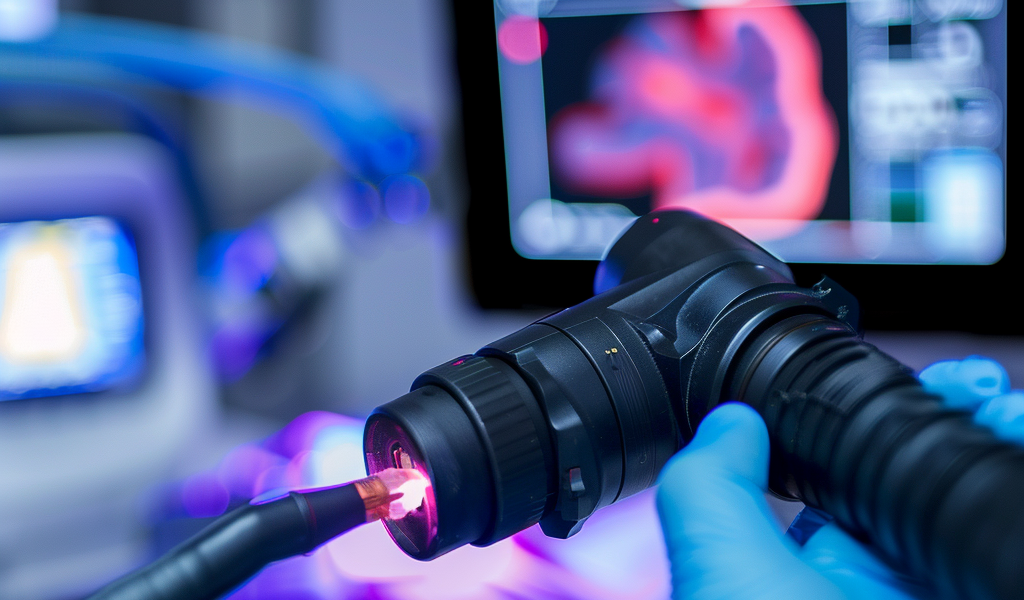A groundbreaking new technique has been developed by a team of experts that could potentially diagnose one of the deadliest cancers in just 30 seconds. Oesophageal cancer accounts for five per cent of all cancer deaths in the UK, with approximately 8,000 deaths annually. The innovative method, named RaPIDE and led by Professor Nick Stone at the University of Exeter, utilizes laser-based Raman spectroscopy to rapidly identify cancerous tissues or cells using light.
Traditional diagnoses for this type of cancer can take up to two weeks, but this new approach has the potential to drastically reduce the time to under 30 seconds, offering hope for quicker and more accurate tests that could significantly improve health outcomes. The RaPIDE technique allows medical experts to measure the light scattered by tissues when a low-power laser is shone onto them, enabling the rapid detection of pre-cancerous or cancerous tissues.
This groundbreaking development has already seen the commencement of clinical trials involving patients, with 19 individuals having been tested so far. The potential impact of this new technique is significant, as it could revolutionize the diagnosis and treatment of oesophageal cancer, ultimately saving lives and improving patient outcomes.
The RaPIDE technique has garnered praise from medical professionals, with Oliver Old, Consultant Upper GI Surgeon from Gloucestershire Hospitals, expressing excitement about the potential of this innovative approach. With the ability to provide rapid and accurate diagnoses, the RaPIDE technique holds promise for transforming the landscape of cancer diagnosis and treatment.





